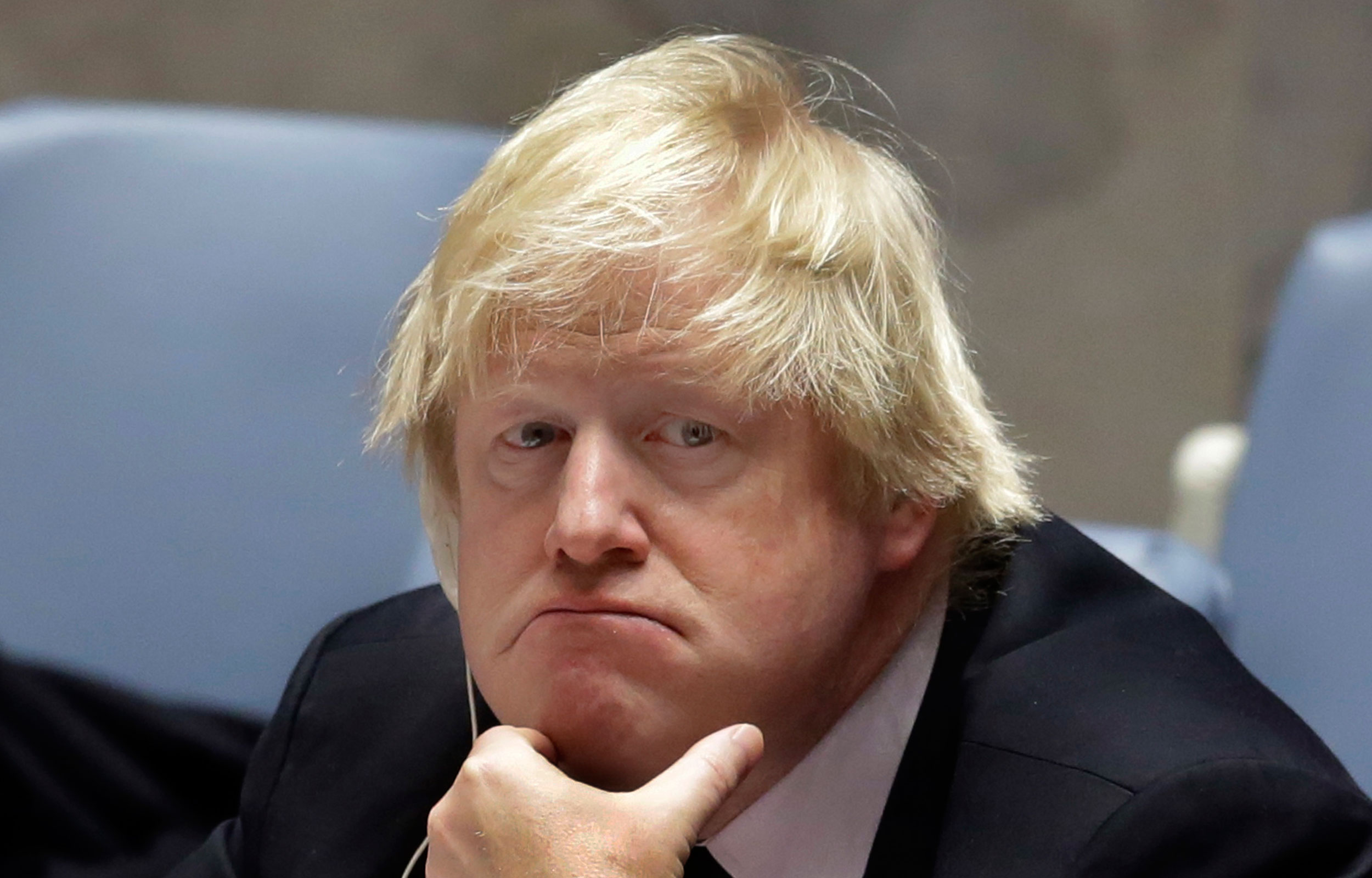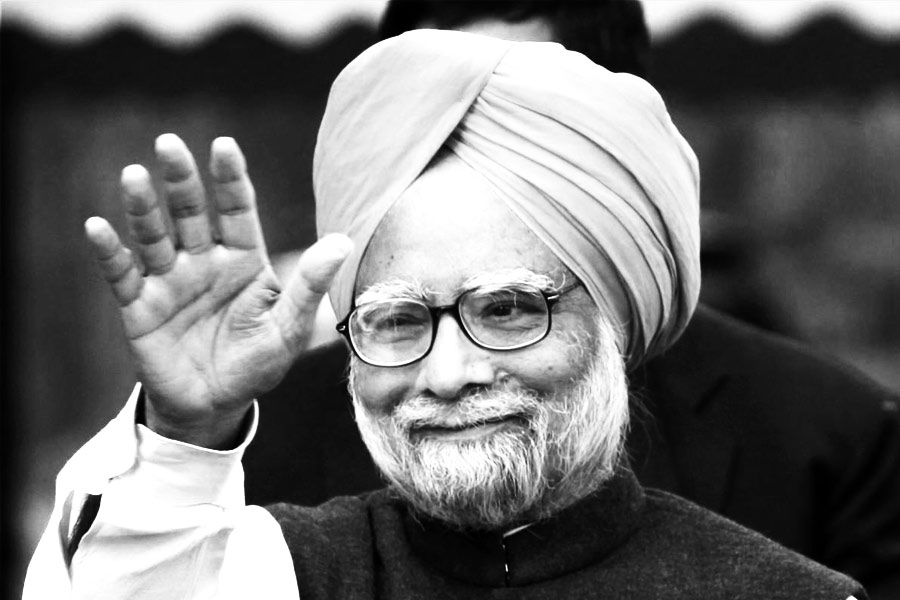Boris Johnson, the leading candidate to succeed Theresa May as Britain’s Prime Minister, said on Sunday he would withhold an already agreed £39-billion Brexit payment until the European Union gives Britain better withdrawal terms.
Johnson is one of 11 lawmakers vying to run the world’s fifth largest economy after May resigned as leader of the governing Conservatives on Friday, having failed to unite parliament or the country behind her Brexit plan.
Britain is mired in its deepest political crisis in decades over how, when and whether it should leave the EU — a decision that will fall to May’s successor and affect both its future role on the world stage and prosperity for generations to come.
As the contest to replace May gathered pace on Sunday, Johnson made his first major intervention, targeting the large pro-Brexit wing of his Conservative Party with a promise to take a hard line with Brussels over the terms of Britain’s exit.
“I think our friends and partners need to understand that the money is going to be retained until such time as we have greater clarity about the way forward,” Johnson told The Sunday Times.
“In getting a good deal, money is a great solvent and a great lubricant.”
Main rivals foreign minister Jeremy Hunt, agriculture minister Michael Gove and interior minister Sajid Javid, also want to renegotiate or modify the deal, but none have threatened not to pay the exit bill May agreed with the EU in 2018.
The 39 billion pounds represent outstanding British liabilities to the EU to be paid over a number of years.
The EU has repeatedly said it will not reopen discussion of the Brexit transition deal it reached with May last year, which British lawmakers have rejected three times, or to negotiate a future trade deal with Britain without the divorce payment.
Those three defeats forced May to announce her resignation.
“We will have a different attitude in the negotiating team and a different negotiating team,” Johnson said, adding that he would give personal orders to negotiators from his ministerial team rather than politically impartial public servants.
Johnson also said border arrangements with Ireland should be settled only as part of a long-term agreement, rejecting a negotiated “backstop” that would preserve the open border with Northern Ireland, a British province, but which Conservative lawmakers fear is a backdoor way of requiring Britain to continue to follow EU rules after Brexit.











